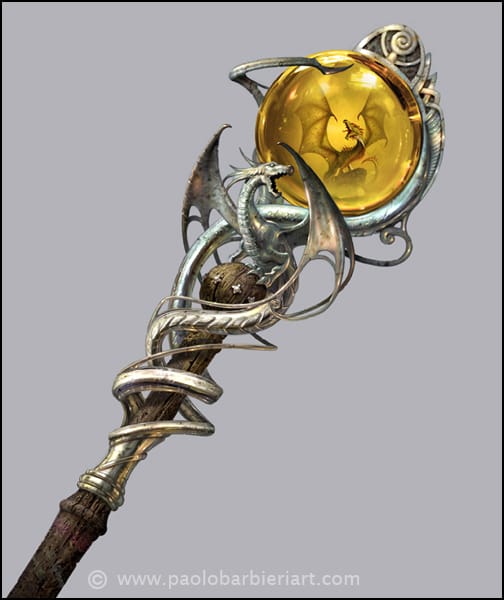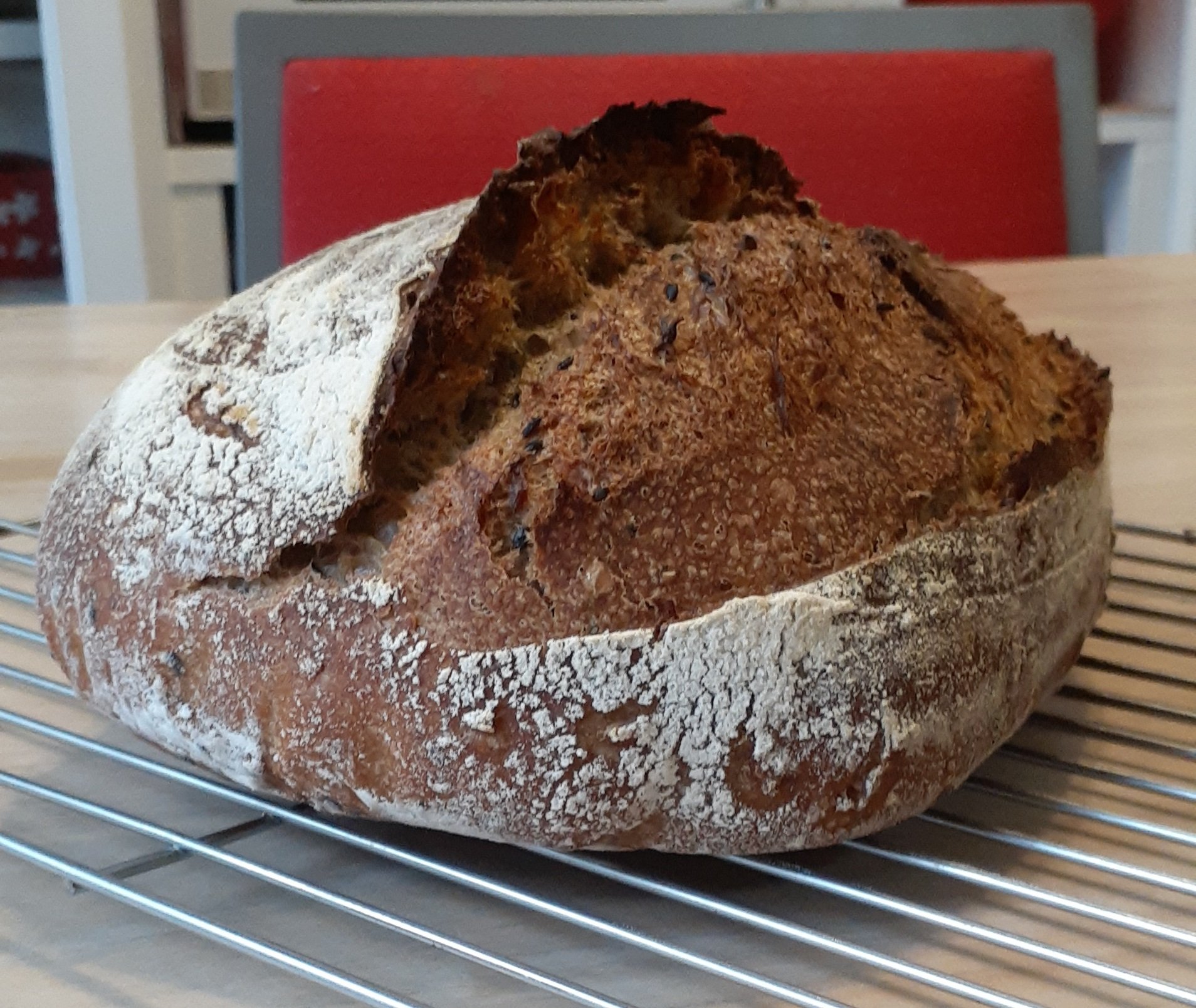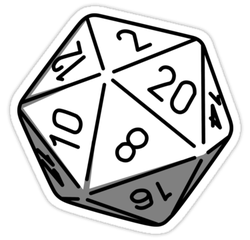Reading Persepolis by Marjane Satrapi. It, and couple of others, were recommended here recently, and is somewhat of a new genre for me, memoir / biography in graphic novel format, graphic memoir?
Got the omnibus edition, “The Complete Persepolis”, it’s a pretty interesting read. It’s about young girl in Iran during the Islamic Revolution of 1979, at least the first volume, after that it’s about her life after that.
What about all of you? What have you been reading or listening to lately?
For details on the c/Books bingo challenge that just restarted for the year, you can checkout the initial Book Bingo, and its Recommendation Post. Links are also present in our community sidebar.
I’m about a quarter of the way through To Kill a Mockingbird. Atticus seems like such a decent person in comparison to some of the other characters. The way in which the book is told through the eyes of a kid is expertly done - you really get a sense of their childhood innocence as they come to understand the ways of the world. I’m looking forward to reading on.
We named our youngest Atticus after that character. Then the other book came out.
From what I understand, the ‘sequel’ is actually just a first draft of To Kill a Mockingbird. And it sounds like some dodgy stuff went on with the publishing - if it was a genuine sequel, why would Harper Lee sit on it for so long? In my mind, TKAM is the only book she wanted to publish and the only genuine story of Atticus.
I’m currently reading ‘The wind in the willows’ which I should finish later today.
Next on my list is ‘The road’ by Jack London, an autobiography of the author’s life as a homeless person in the early part of the 20th century.
I finished up Martha Wells - Star Wars “Razors Edge” and have moved on to Isaac Asimovs “The End of Eternity” it’s my last scifi book of his that’s related to his broader Foundations universe.
Although the three stand alone scifi novels were eventually alluded to in the Foundation universe. It’s not really related though. Just a passing reference to a bygone time.
Have you watched any of the Foundation series? I’ve watched the show but haven’t read the novels so I’m wondering how close they are in terms of story, since adaptions to screen sometimes change significantly
Yes I have watched the series, but not the newest season yet.
They’ve definitely truncated things and brought a few future story lines in, but like other series, casts change between books, so trying to keep story lines with main cast in place instead.
They’ve definitely truncated are also doing three story lines in one, Robots aren’t talked much about as they’re, you know gone. So all that lore is taken from the Robot series. Robots existed before the galactic empire was a thought in people’s minds.
And there’s no real stories about the galactic empire, you only know of the current Emperor because of Haris involvement. The three novels are more about humanity working towards to galactic empire. There’s a few Empires that have quite a few planets and are starting towards it.
All in all, most of his series were stand alone, until he used the last two (40 years after the others)foundation novels to combine them, there is SOME minor continuity errors because of this, just stuff shoehorned to combine, since there’s millennia between the series.
Thank you for the synopsis! I think I’ll give them a read then
Don’t know how much it matters to you, but I read them in publishing order. He wrote two books 40 years later as I mentioned, and one is a prequel, and one is a sequel. So depending on your preference…
I wouldn’t worry too much about the future storylines and why they aren’t happening together, they stand alone in their own, one to mention specifically was the end of last season teaser, the mind control guy. That’s the second book, but takes place well after Hari is gone. But the seeds he sowed… yeah read it.
Just gave up on the latest Dan Brown novel. Really bad. Starting to wonder if it was written by a ghostwriter or AI. Life is too short and there are too many other good books to waste time finishing a bad one.
that sounds right, Dan Brown is a bit of a hack, or at least that’s what I’ve heard - he’s commercially successful, though!
EDIT: I’ve seen Umberto Eco recommended as a Dan Brown alternative, I reallt enjoyed Name of the Rose but I think Foucault’s Pendulum is usually recommended for Dan Brown fans who want something better.
I’m listening to A Night in the Lonesome October. And I just added a Star Trek book to my DNF list. Not a terribly bad story, just not the one I thought it was.
Which Star Trek book was that?
The one I started was Star Trek Movie Tie In by Alan Dean Foster. The one I wanted was the Motion Picture novel by Roddenberry.
Ah okay. Thanks for the info.
I just finished reading “Final Lap” by Jessica Alter. Really fun upbeat hope punk sort of book. I liked it quite a lot.
I started reading If We Burn: The Mass Protest Decade and the Missing Revolution by Vincent Bevins. Given what’s happening around the world in Indonesia, Nepal and others, it feels like we’re in the sequel to the Arab Spring and I want to “catch up on the prequel” so to speak.
It’s Banned Books Week, so I downloaded a pdf of The Turner Diaries. I’m told this book is considered inspirational by those who think having a race war would be fun and glorious. It might also be of interest to non-racists with morbid curiosity about White Nationalist ideology. Otherwise, I do not recommend it for its literary value. I read this so you don’t have to.
Thanks for the sacrifice!
Holy moly I just read the plot summary. Please be sure to take reading breaks from that one cauuuuse yikes
I just finished up Under the Whispering Door by TJ Klune. I know this was a deeply personal book for him, but it feels like one of his weaker ones. I started Three Kinds of Lucky by Kim Harrison, and it’s got the interesting premise of what to do with magical waste.
Just finished Looking Glass Sound by Catriona Ward. Her books are always very twisty and I love them.
Now rereading The Damnation Game by Clive Barker. I remember it has some delightfully disturbing body horror, but cant remember anything about the story.
Also reading Ultra-Processed People by Chris van Tulleken, all about the current science on ultra-processed foods. Highly recommend.
Ultra-Processed People has been on my wishlist for a while, but completely forgot about that. Will check if they have a copy on my next visit to bookshop. Thanks for the recommendation!
Just finished System Collapse by Martha Wells (book seven in the Murderbot series). I liked all the books in this series, and they are an easy recommend!
Currently reading How to be Perfect by Michael Schur and Three Bags Full by Leonie Swann.
How to be Perfect is a good intro to ethics written by the creator of The Good Place. If you’re interested in learning about ethics and don’t know where to start I’d recommend it.
I’m only a couple chapters into Three Bags Full, so I don’t have much to say yet. The premise is a flock of sheep solving the murder of their herder. It’s enjoyable so far.
I’ll second How to be Perfect. A really good introduction to ethical philosophy, and if you get the Audiobook there are a lot of fun cameos.
How to be Perfect is great.
Heh, nice name.
Three Bags Full sounds interesting, would love to hear your opinion after you have finished it.
I’m reading The Worm and His Kings by Hailey Piper, and then (hopefully) starting All of Us Murderers by K.J. Charles, which came out today.
__
Finished Hemlock & Silver by T. Kingfisher (fantasy with mild horror elements) | bingo: folklore, new, steppin’ up HM
This was billed as a retelling of Snow White, but while it certainly uses elements from that story, it’s mostly its own thing. If you like T. Kingfisher’s other fantasy/fairy tale stuff, you’ll probably like this, too.
And if someone hasn’t read any T. Kingfisher book, which one would you recommend they start with?
I’ve only read a few of her books, so that’s probably a better question for @[email protected], honestly. I started with Nettle & Bone, though, which is probably as good a place as any. One note: her MCs seem to generally all have a very similar “plucky heroine” kind of voice, which may affect how well her horror novels work for you, if you’re thinking of starting there (I’m not a fan, but I do still have What Moves the Dead on my TBR pile).
deleted by creator
True! Agreed. Hemlock & Silver’s MC is also pragmatic and middle-aged, btw, which is nice.
Pragmatic middle aged woman as heroine in fantasy? What is happening here!?
Thanks for summoning him. Will try Nettle & Bone.
I’d start with the World of the White Rat. There are a couple connected books that all exist in the larger world but while they are internally referential occasionally, they aren’t all sequels. My first was Paladin’s Grace, and I find that to be a great start. I don’t know if I’d call it romantasy, but it is definitely a fantasy with a romance sub plot that is important to the whole story. The big picture for that particular series is: “What do you do if you’re Paladin for a god that dies and how do you cope?”
If you want to try something that’s a one off, Nettle & Bone is good.
If you want a short story, A Wizards Guide to Defensive Baking
Thanks, I think I’ll try with Nettle & Bone first, but will pick up World of the White Rat if that isn’t available.
Just as an aside “World of the White Rat” is kind of the overarching term for the interconnected books. The series are Clocktaur War duology, Swordheart (eventually to become a trilogy, but works as a standalone), and the Saint of Steel (the paladins I mentioned) series.
Yeah, I looked it up.
I have ordered Nettle & Bone for now, will decide about the others after that.
I’ve been reading Circe by Madeline Miller. I had it on a to-read list for a long time and finally started it. I’ve really been enjoying it so far.
I listened to the audiobook of this a few months ago. I really enjoyed the story
I’m still working through V. by Thomas Pynchon. I intend to finish it, even though I’m not enjoying it all that much. It reads like a weird overly verbose dream, and it’s intentionally opaque. At the same time, I recognize that a book like this is incredibly hard to write. I can see the spark of genius in Pynchon, I just don’t like his style. Oh well.
Pynchon can be hard to read, but I find his opaqueness is not ubiquitous - e.g. in Gravity’s Rainbow only the first part of the book (Beyond the Zero) was incomprehensible. Inherent Vice and Crying of Lot 49 were not particularly opaque, either.
I can recommend “Matrix” by Lauren Groff.
It’s the year 1158 and an 18 year old bastard daughter has been named abbess of a small convent. Elizabeth needed to get the girl out of the court, and the convent seems like a good place to hide her.
Just a well written glimpse into life in those days.








